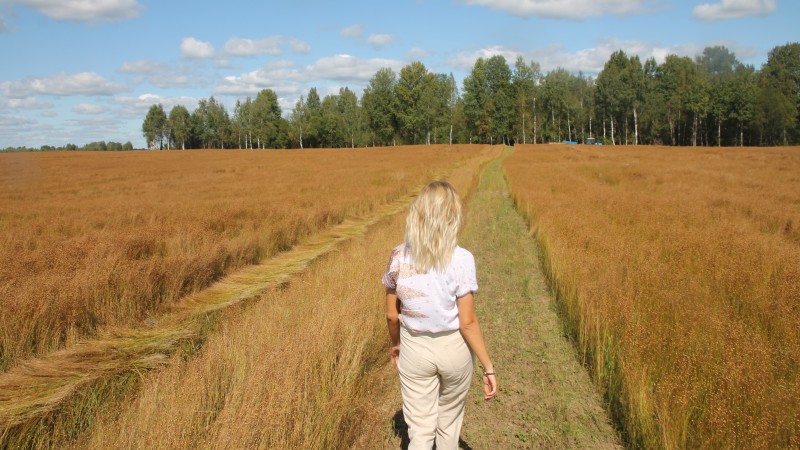What are incoterms?
Incoterms are internationally recognized trade clauses that facilitate the trade in goods with the help of standardized contract formulas. They regulate the distribution of costs and obligations and thus prevent misunderstandings and disputes. They must always be agreed by both contracting parties and confirmed by signing the contract.
Overview of the incoterms
Please note that this is only a rough overview of the Incoterms. For a comprehensive description of the Incoterms, please visit the website of the International Chamber of Commerce.
EXW - Ex-Works (ex works)
The seller must ensure access to the goods at another named location (e.g. factory, factory, warehouse, etc.). The buyer organizes the loading and the transport and bears the costs and risks.
FCA – Free Carrier (free carrier)
The seller must deliver the goods to the buyer's carrier at a location specified by the buyer (for shipping or collection). The seller also undertakes the export customs declaration. The buyer assumes the risk from the moment the goods are handed over to the carrier.
FOB – Free on Board (free on board)
The seller assumes all costs and risks until the goods have been loaded onto the ship. The seller is also responsible for export clearance. The buyer takes responsibility as soon as the goods are on board.
CIF – Cost, Insurance And Freight (Costs, insurance and freight to the port of destination)
The seller assumes all costs and risks until the goods have been loaded onto the ship. The seller bears the costs for packaging and postage for export. The seller also takes out insurance against the buyer's risk of losing or damaging the goods during carriage.
DAP – Delivered At Place (delivered named place)
The seller assumes the costs and risks for the transport of goods to an agreed address.
DAT - Delivered at Terminal (delivered terminal)
The seller must make the goods cleared for import available to the buyer at the terminal of the named port of destination at the agreed time.
CPT – Carriage Paid To (freight paid by)
The seller must make the goods cleared for import available to the buyer at the terminal of the named port of destination at the agreed time.
DDP – Delivered Duty Paid (duty paid free)
The seller delivers the goods to a destination at his own risk and expense. He takes care of all the formalities and bears all costs and import duties.
CFR – Cost and Freight (cost and freight)
The seller assumes all costs and risks until the goods have been loaded onto the ship. The seller has to conclude the transport contract and bears the costs and freight for transporting the goods to the named port of destination or import terminal
CIP – Carriage And Insurance Paid To (freight and insurance paid by)
The seller delivers the goods to the carrier or another person named by the seller to an agreed location. The seller bears the costs and risks for the transport to the specified destination, as well as for the freight insurance. The buyer regulates the import handling and import taxation.
FAS – Free Alongside Ship (free alongside ship)
The seller delivers the goods to the carrier or another person named by the seller to an agreed location. The seller bears the costs and risks for the transport to the specified destination, as well as for the freight insurance. The buyer regulates the import handling and import taxation.






